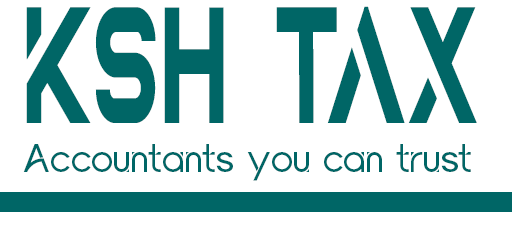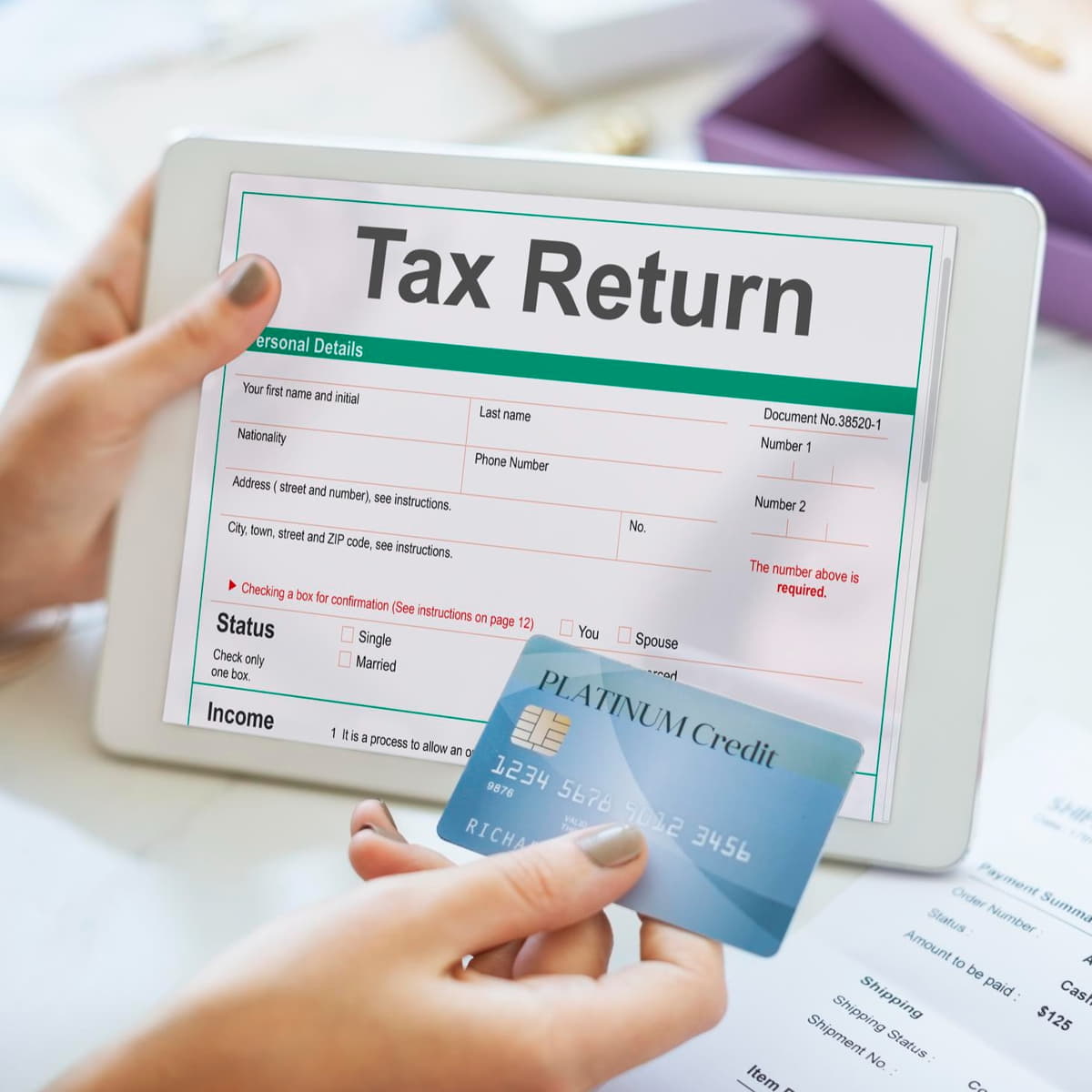
Can you claim medical expenses on tax in Australia? Well, the short answer is: it’s complicated. The rules have changed recently, and it’s not as straightforward as it used to be.
Don’t worry, though – we’ve got you covered. In this post, we’ll break down what you can and can’t claim, especially if you’re in the healthcare field.
We’ll also chat about when it might be worth calling in a tax pro to help you navigate these tricky waters.
Understanding Medical Expense Tax Deductions
Historical Context
The medical expenses tax offset was available from the 2015–16 to 2018–19 income years, allowing you to claim a tax offset for eligible medical expenses related to disability aids, attendant care, and aged care.
However, this offset is no longer available from July 1, 2019.
Current ATO Regulations
According to the Australian Taxation Office (ATO), you can no longer claim the medical expenses tax offset.
However, certain medical expenses may still be tax-deductible, subject to specific rules and regulations.
Eligible Expenses
- You can claim a deduction for the cost of protective glasses if you wear them to reduce the risk of illness or injury while working as a doctor, specialist, or medical professional. This includes anti-glare, photochromatic glasses, sunglasses, safety glasses, or goggles.
- Deductions are allowed for the costs of washing, drying, and ironing protective or occupation-specific clothing worn at work, such as anti-bacterial scrubs or registered uniforms.
- Expenses for medical equipment and insurance for that equipment are deductible. For example, you can claim a deduction for stethoscopes, scales (if they cost $300 or less), and the decline in value of medical equipment costing more than $300.
- Overtime meal expenses are deductible if you receive an overtime meal allowance under an industrial award, and the allowance is included in your tax return as income.
However, expenses for prescription glasses, contact lenses, hairdressing, cosmetics, and personal grooming are considered private and non-deductible, even if your employer expects you to be well-groomed at work.
Claiming Process for Eligible Years
To claim the medical expenses tax offset for eligible years (2015-16 to 2018-19), you need to follow a specific process and provide supporting documentation.
Here’s what you need to know:
Income Test and Calculation
- Determine your adjusted taxable income (ATI) and family status, as the percentage of net medical expenses you can claim depends on these factors.
- Use the Income Tests Calculator provided by the ATO to calculate your ATI amount.
- Calculate your total net medical expenses by subtracting any refunds received from the NDIS or private health insurers from your eligible expenses.
Required Documentation
You must keep records for the income years you claim the tax offset, including:
- Receipts or documents showing eligible medical expenses, such as payments for disability aids, attendant care, or aged care facilities.
- Statements from the NDIS or private health funds detailing any reimbursements received.
- If requested by the ATO, be prepared to provide supporting documents, such as:
- Clear and readable copies of receipts and statements
- Details of any reimbursements or refunds received
- Worksheets showing how you calculated your losses or expenses
Seeking Professional Assistance
Benefits of Consulting a Tax Accountant
The world of tax returns can be complex, and seeking professional assistance ensures accurate claims and compliance with regulations.
If you are struggling with understanding whether medical expenses are tax deductible or not, consulting a tax accountant can provide valuable guidance.
They have the expertise to help you minimize tax liabilities related to medical expenses, ensuring you remain stress-free.
Ensuring Compliance and Maximizing Deductions
Tax accountants specializing in the medical industry understand the nuances of taxation for healthcare professionals.
They can identify eligible deductions specific to your profession, such as costs for protective gear, medical equipment, and work-related clothing.
Their specialized knowledge can uncover opportunities to optimize your tax return, providing peace of mind and financial benefits by ensuring compliance and maximizing returns.
Future Implications of Tax Changes
Tax laws and regulations are subject to change, and a professional tax accountant stays up-to-date with the latest developments.
They can advise you on how upcoming changes may impact your tax situation, allowing you to plan accordingly.
For instance, recent legislative amendments have led to a decrease in the number of taxpayers eligible for medical expense refunds.
A tax accountant can guide you through these changes, ensuring you remain compliant and make informed decisions.
Need Help with Medical Expense Tax Claims? We’re Here for You
Understanding medical expense claims in Australia can be challenging, but you don’t have to navigate it alone.
At KSH Tax, we’re here to help individuals and businesses optimize their tax returns while staying compliant with current laws.
Whether you’re a healthcare professional or simply managing high medical costs, our expert team can guide you through the process.
Have questions? Book an appointment with us today and let’s make tax season stress-free for you.



